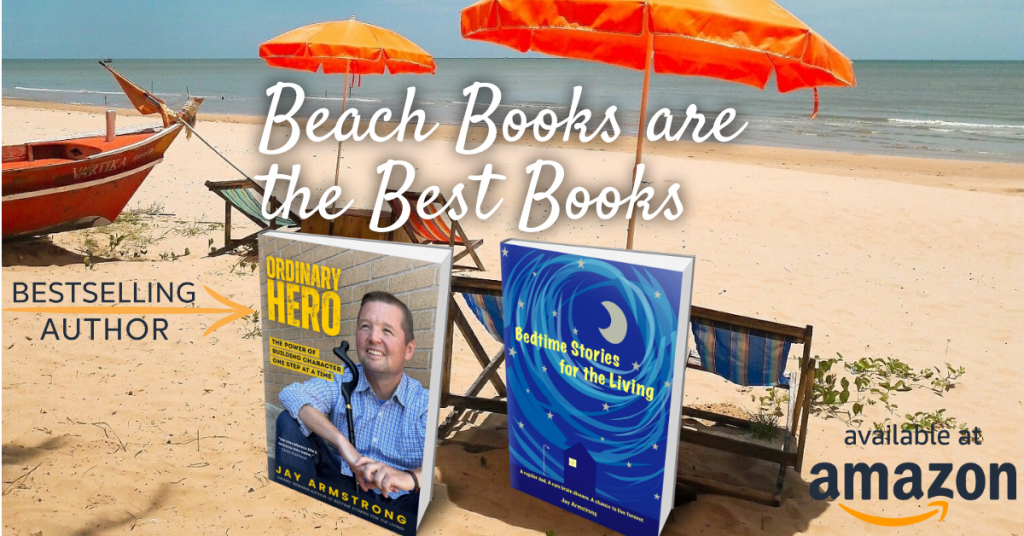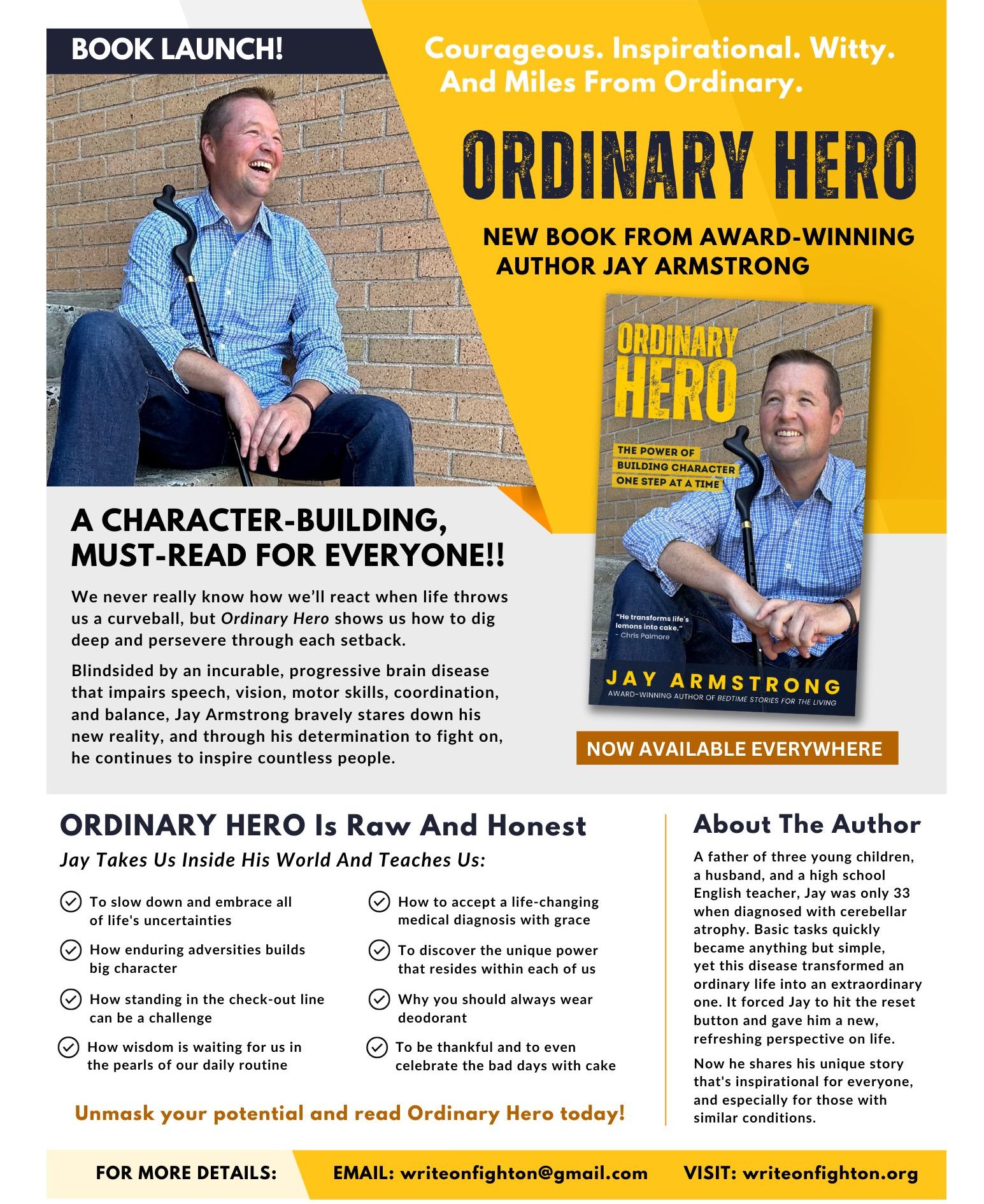Remember to Always “Try Your Best”
There’s something gloriously comforting about saying the cliche’, “try your best” to someone.
This week, as my two son’s endured soccer tryouts and Haley pushed through her summer school assignments for the approaching school year, I uttered, with loving intentions, “try your best” only to be met with eye rolls and silence.
I get it, “try your best” is the motivational equivalent to a pat on the back, and a more polite version of saying, “We all know you’re doing your best, even if your best is terrible.” But, in a way, sometimes when we remind someone to “try their best” we’re actually reminding ourselves to try our best.

When I was diagnosed with an incurable brain disease, a disease I had never heard of before, my body began acting absurd. Like it was being controlled by a remote control with dying batteries. Sometimes it worked. Other times it didn’t.
And with this, I had to learn to (rather begrudgingly) redefine “trying my best.” Because my best was strikingly different than it was before I was diagnosed. And living with this disparity was absolutely joyless.
Yet over time, I’ve learned to accept my human limitations. Trying your best often involves a series of valiant attempts and epic fails. But trying your best is about more than just the result. It’s about the working in the confines of your new reality while learning to accept the sheer absurdity of your journey.
The truth is–trying your best doesn’t guarantee perfection or success.
In fact, it often leads to messy, unpredictable results. And that’s okay. The real value in trying your best lies–to use another cliche’–“… in the journey, not just the destination.”
One of the most insightful lessons I’ve learned is to fully engage with the task at hand and allow myself to accept whatever comes. I’ve realized that my “best” is not a static benchmark but a dynamic measure that changes– especially when the batteries are low–with my experience and circumstances.
Trying my best has also taught me the importance of understanding my limits. There have been times when I’ve pushed myself beyond what was sustainable (see last week’s post), driven by a desire to achieve more. In those moments, I’ve had to remind myself that my well-being matters as much as my achievements. It’s about finding a balance between striving for excellence and recognizing when it’s time to step back and recharge.
So it might be a cliche’ that evokes with eye rolls and silence, but “trying your best” is not wrong. At its 3-word core lies the original and difficult human experience of finding joy in the act of giving your all.
Be well,
Jay
Are you writer? Are you looking for writing advice or writing tactics that you can guide you on your writing journey?

One, Line, One Love: Episode 31: A Conversation Between Two Everyday Writers
In this episode of “One, Line, One Love,” Gail and Jay share and discuss a line from Stephen King’s famed book, “On Writing.” They explore how the “story” is a vehicle for both the writer and the reader to discover the theme of a story. They share their own experiences with discovering a story and explain how the everyday writer can discover a meaningful story. If you’re an everyday writer, you won’t want to miss this episode!

Book Sale Link
~~
Warm greetings to everyone who found me on the University of Pennsylvania’s Ataxia Clinic’s website! Thanks for stopping by. I have ataxia and though I’m not a doctor, I hope my words comfort, encourage, empower, and serve as good company on your journey.

~~
Jay Armstrong is a speaker and an award-winning author. Despite being diagnosed with a rare neurological disease, that impairs his movement, balance, eyesight, and speech–Jay presses on. The leader of the Philadelphia Ataxia Support Group, he hopes to help you find joy, peace, and meaning in life.




